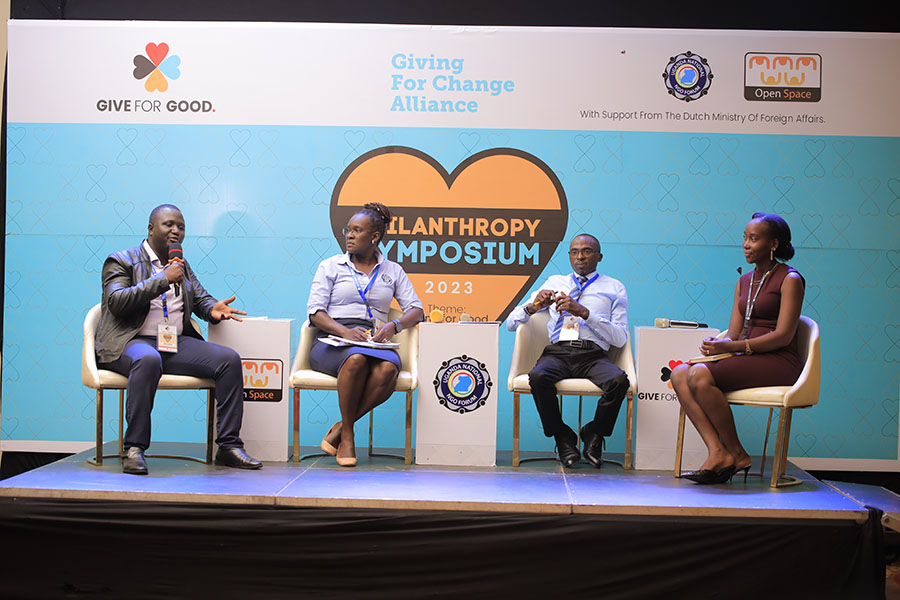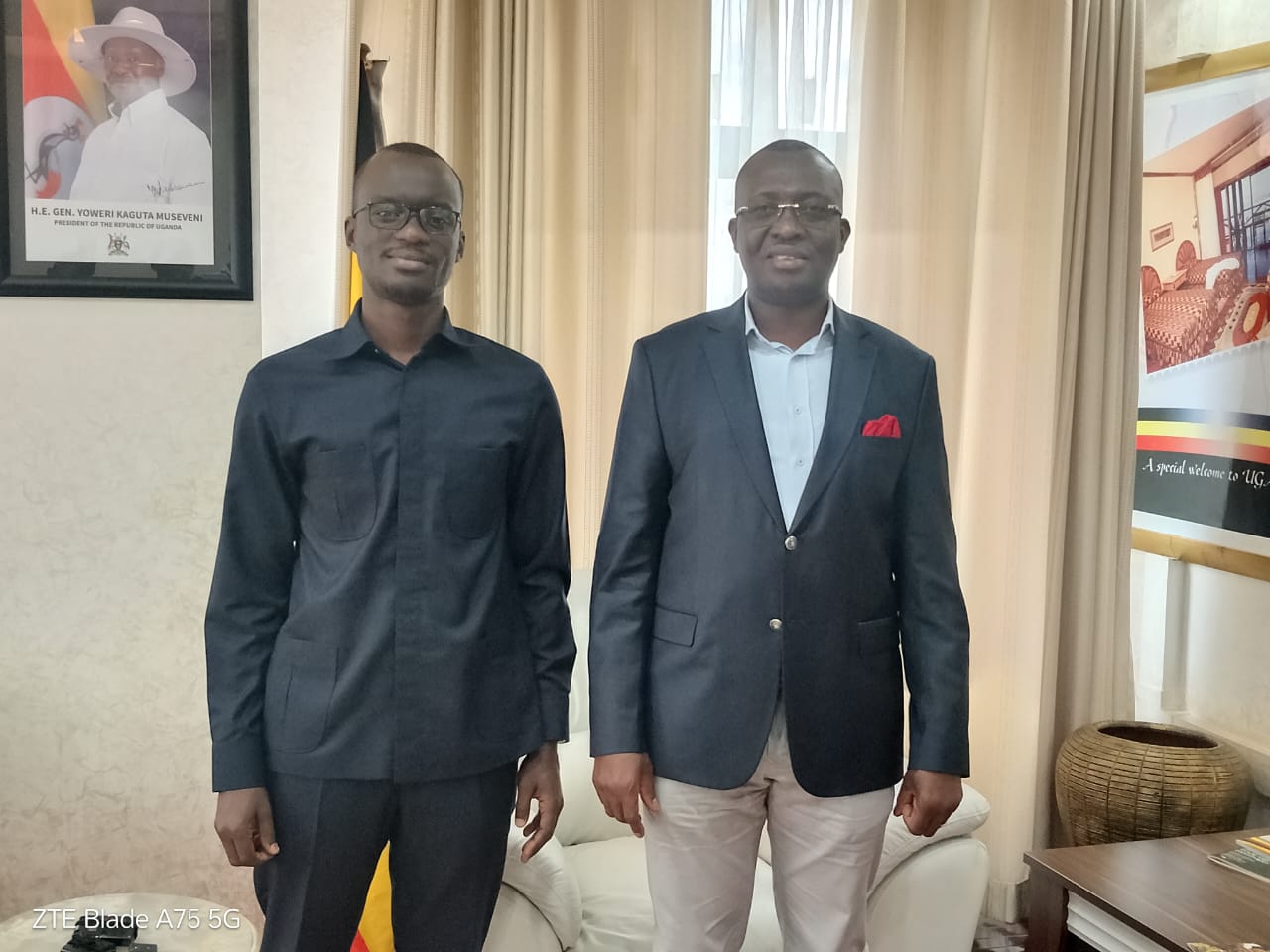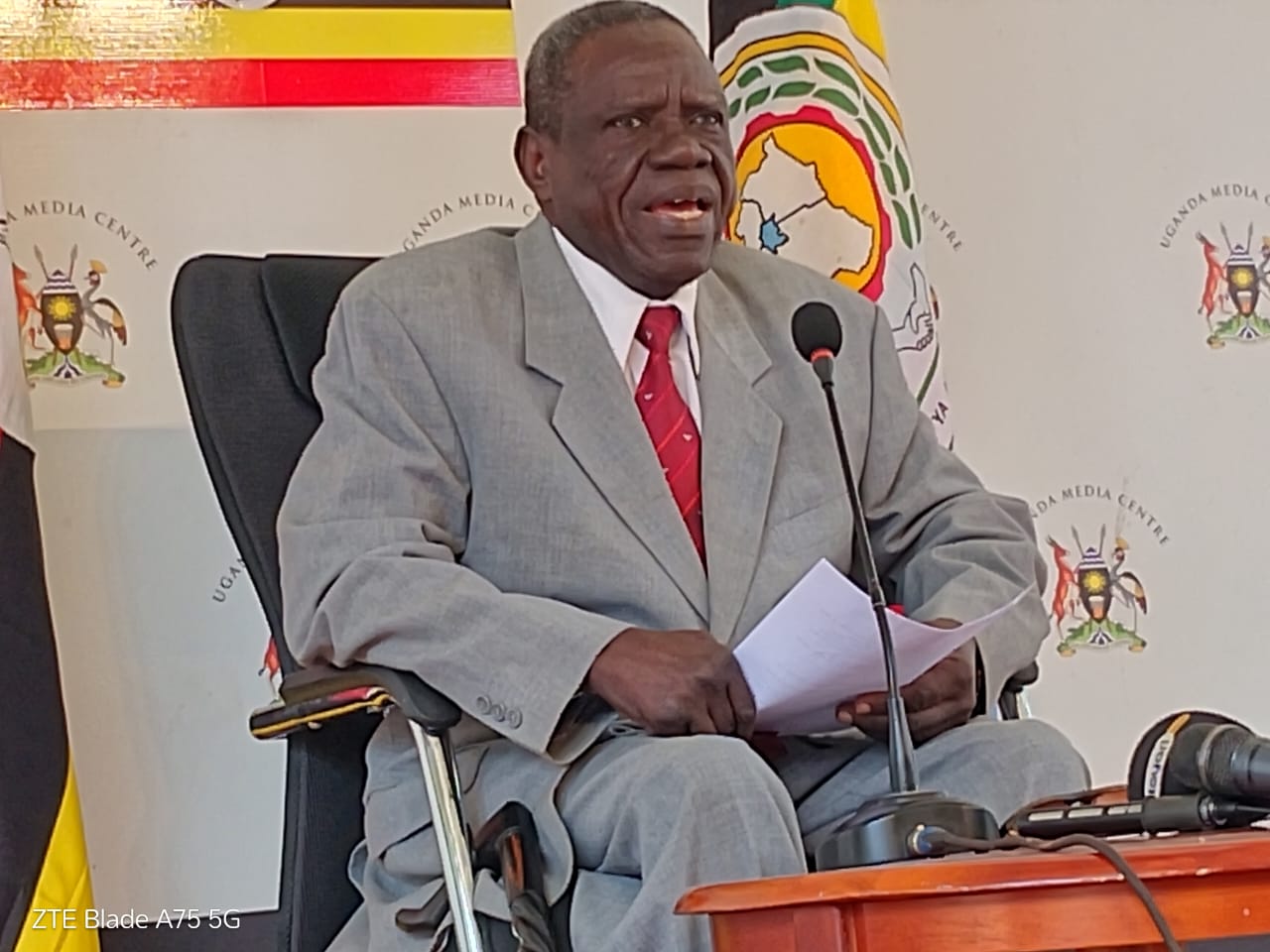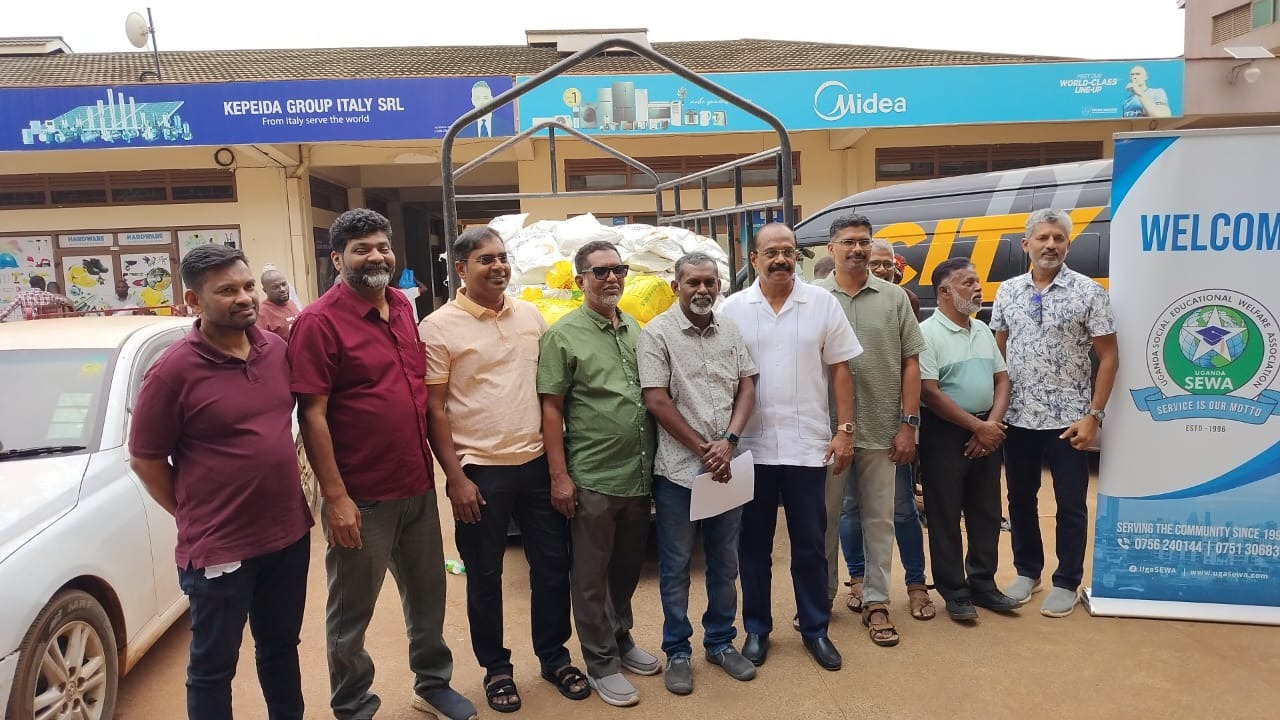Arnold Anderson Katongole
Philanthropy is a term frequently encountered in discussions about social welfare and community support, yet its definition can often be elusive. At its core, many people conflate philanthropy with charity, seeing them as synonymous.
However, a deeper examination reveals that while they share common elements, they serve distinct purposes and operate on different levels.
Philanthropy encompasses a range of charitable acts and initiatives undertaken by individuals, organizations, or stakeholders aimed at fostering positive societal change.
It involves collaborative efforts that not only provide immediate relief but also seek to transform communities and empower individuals in sustainable ways. Philanthropy looks beyond short-term solutions and strives to address systemic issues, thereby contributing to the long-term well-being of society.
Conversely, charity is typically associated with direct aid, offering support to individuals or groups in distress, often in the form of food, clothing, shelter, or financial donations. While charity is vital for addressing urgent needs,
It often provides temporary assistance without addressing the root causes of the challenges faced by recipients. For instance, donating food or money may alleviate hunger momentarily, but it does not equip individuals or communities with the necessary skills or resources to avoid such hardships in the future.
The African proverb “It takes a village to raise a child” poignantly illustrates the philosophy of collective responsibility inherent in many African cultures.
This principle embodies a form of shared philanthropy, emphasizing interdependence and communal support to nurture future generations.
It reflects the essence of Ubuntu—an African humanist philosophy promoting interconnectedness and the belief that one’s humanity is tied to others’. Ubuntu has remained a guiding value through various historical epochs, from pre-colonial times to the contemporary landscape.
Recent data from the World Bank highlights the significant impact of African diaspora contributions, with over $100 billion sent home annually in remittances, in addition to substantial sums allocated toward philanthropic ventures.
For example, Uganda alone received about $1.42 billion in financial support, marking a significant rise over recent years. This influx underscores the strong sense of community and shared responsibility among Africans, affirming their commitment to uplifting one another.
During the COVID-19 pandemic, as global communities strived for continuity amidst chaos, the urgency for collective solidarity became more pronounced.
Many individuals and organizations sought to foster connection and support, reminding neighbors that they were not alone in their struggles.
Across the country, Ugandans mobilized over $36 million in local responses, revealing that domestic resource mobilization—when rooted in trust, empathy, and accountability—can rival external aid.
At the national level, philanthropy in Uganda is undergoing a paradigm shift—from episodic charity to structured, community-driven development. While informal giving has long thrived across Ugandan communities, the COVID-19 pandemic exposed both the limitations and transformative potential of local philanthropy.
Yet, systemic support remains fragmented. A national philanthropic framework is still lacking, and local giving is undervalued in policy and development spaces.
Thought leaders like Eshban Kwesiga have argued that local giving is a naturally occurring phenomenon that should be protected from overregulation and instead anchored in cultural values like Ubuntu and collective resilience.
It was during this critical period that the Open Space Centre—a non-partisan and non-profit youth agency focused on enhancing opportunities for youth—partnered with the NGO Forum to initiate the “Philanthropy for Development” program.
In this evolving landscape, the Open Space Centre and the NGO Forum have emerged as a national catalyst for youth-centred philanthropy. With a deliberate focus on community dialogues, street campaigns, and grassroots mobilization,
The overarching goal is to empower young people to become ambassadors of change, encouraging them to identify their unique contributions and redefine the landscapes of their communities.
Central to this initiative is the “Giving For Good campaign”, which has facilitated an array of activities designed to foster collaboration and innovation.
Open Space has engaged over 150 youth across Kampala, Mukono, and Wakiso through forums like the philanthropy symposium that gathers diverse participants to share groundbreaking ideas, successful practices, and inspiring narratives about how youth are harnessing philanthropy to drive positive changes in their schools and communities.
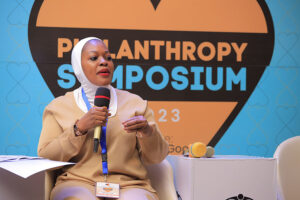
This initiative aims to be a cohesive platform that engages various stakeholders—including civil society organizations, development partners, government bodies, the private sector, and educational institutions—to ensure meaningful youth involvement in community philanthropy.
Additional outreach initiatives encompass street campaigns, community discussions, multimedia projects—including talk shows, surveys, and social media engagements—all tailored to heighten awareness among young people and inspire them to take leadership roles in philanthropic efforts.
These initiatives equip youth not merely as beneficiaries but as co-creators of change—sponsoring orphans, leading clean-ups, and launching skills training. By nurturing agency, embedding youth in civic philanthropy, and leveraging storytelling, “Open Space is not just promoting giving—it is redefining development.”
Over the past four years, the Philanthropy for Development initiative has made a significant impact, with an increasing number of young individuals clarifying and strengthening their project goals related to local philanthropy, leading to heightened engagement both in-person and online.
The momentum continues into this year as the NGO Forum is set to launch “Philanthropy Week” from August 4 to 10, 2025. To enhance visibility, energy, and participation in the event, the Open Space Centre will spearhead participation with activities of the Philanthropy Week, like the Street Campaign.
An energetic and creative public initiative aiming at urban audiences and digital communities.
This campaign will serve to reinforce the core objectives of philanthropy for development, emphasizing the theme of “Giving for Good” and spotlighting the importance of local philanthropic efforts.
Through these collaborative actions, the initiative seeks to further entrench a culture of giving and community support among young people, fostering a brighter future for society as a whole.



